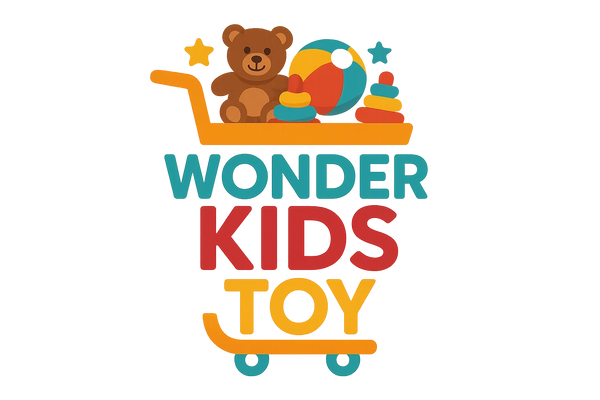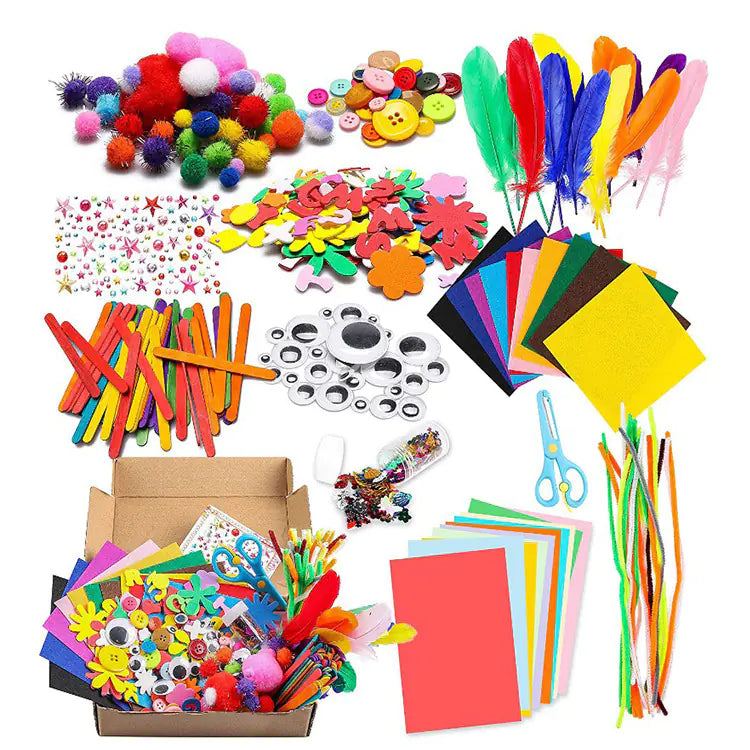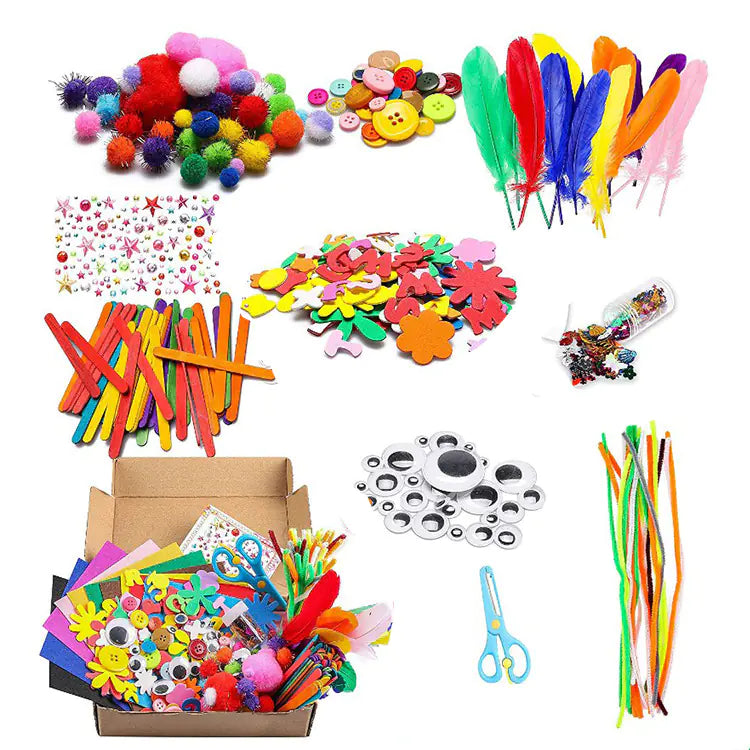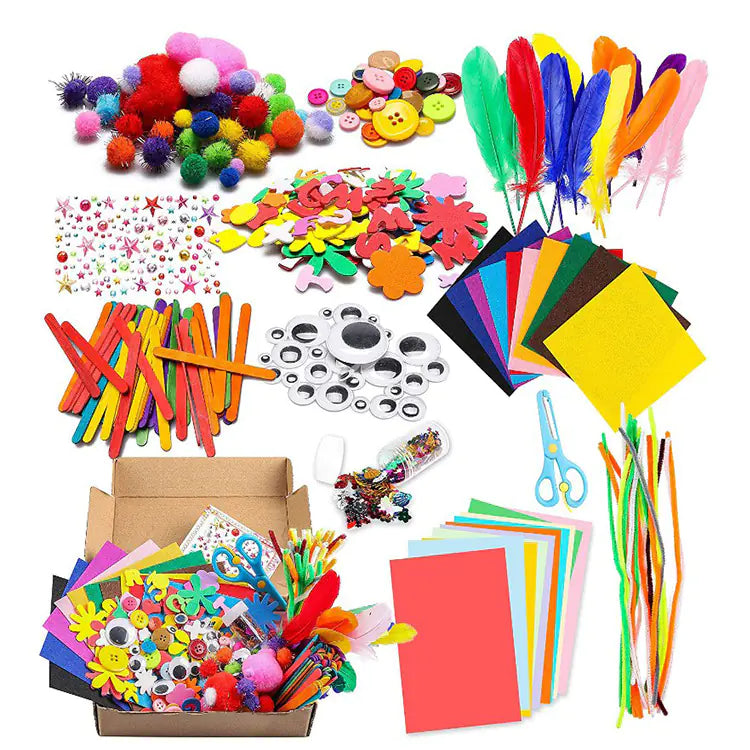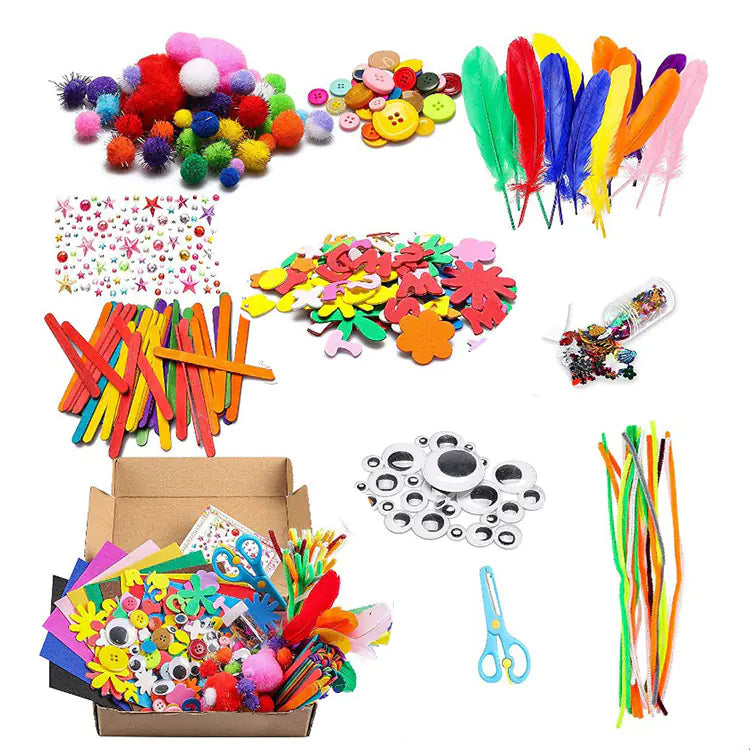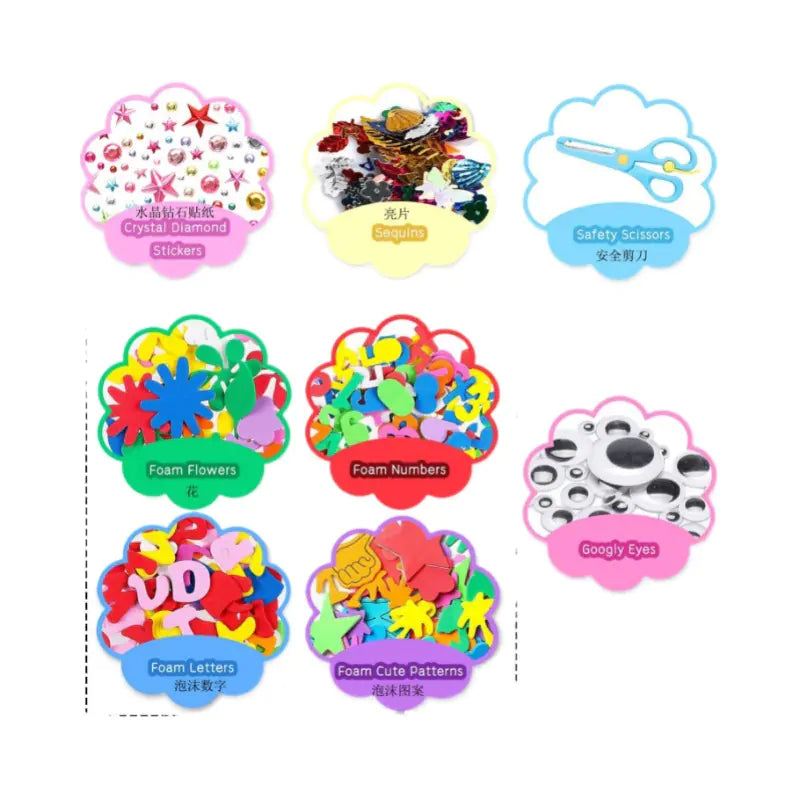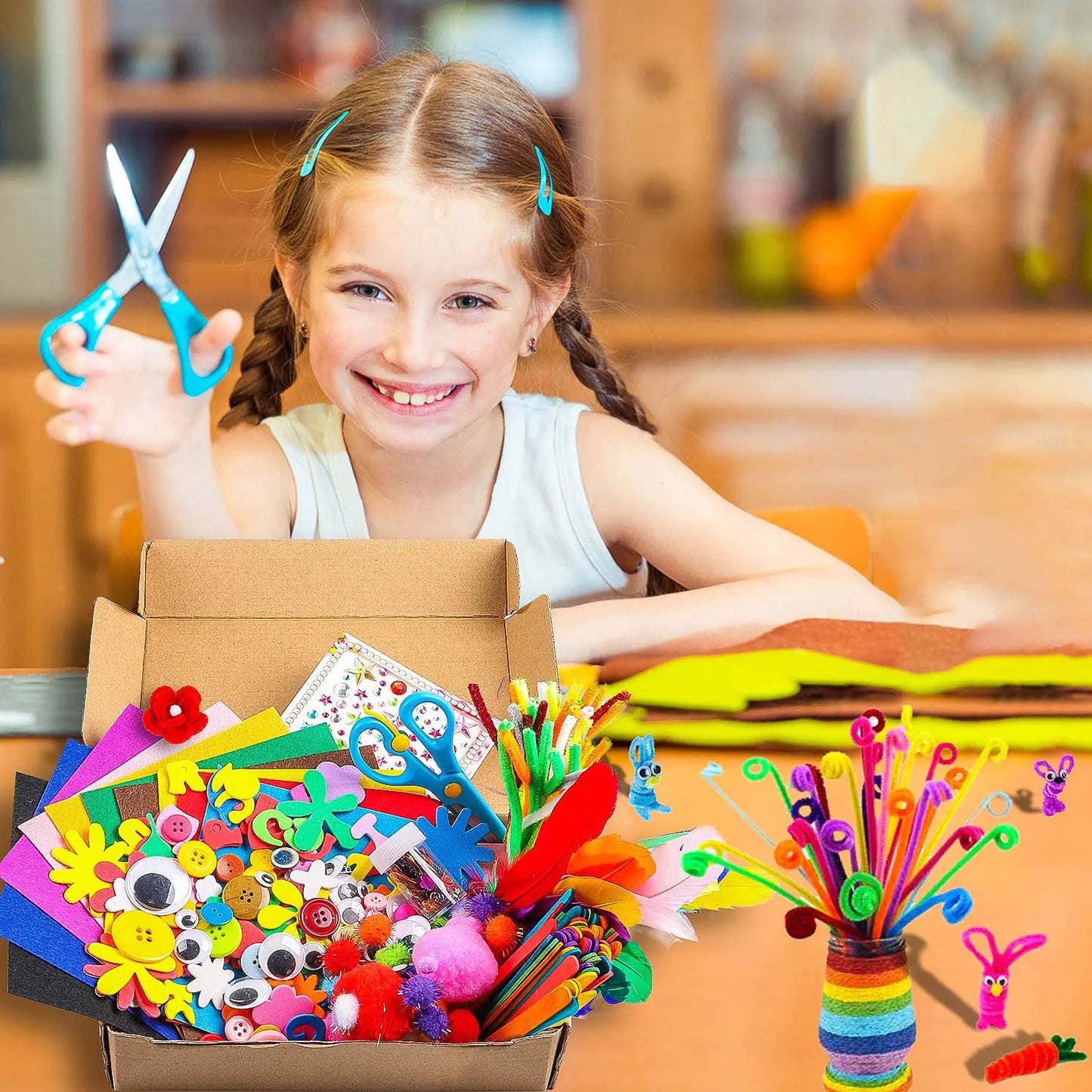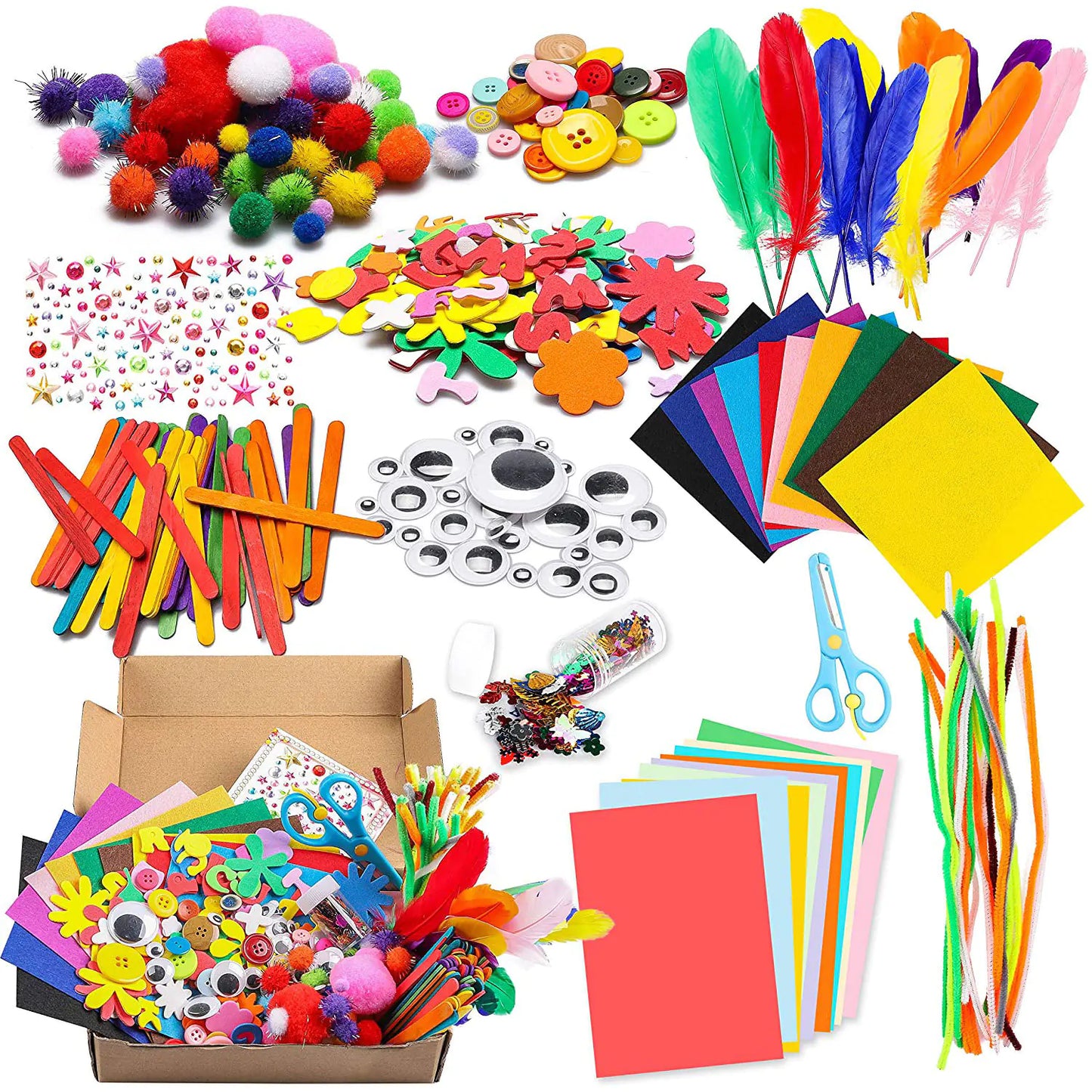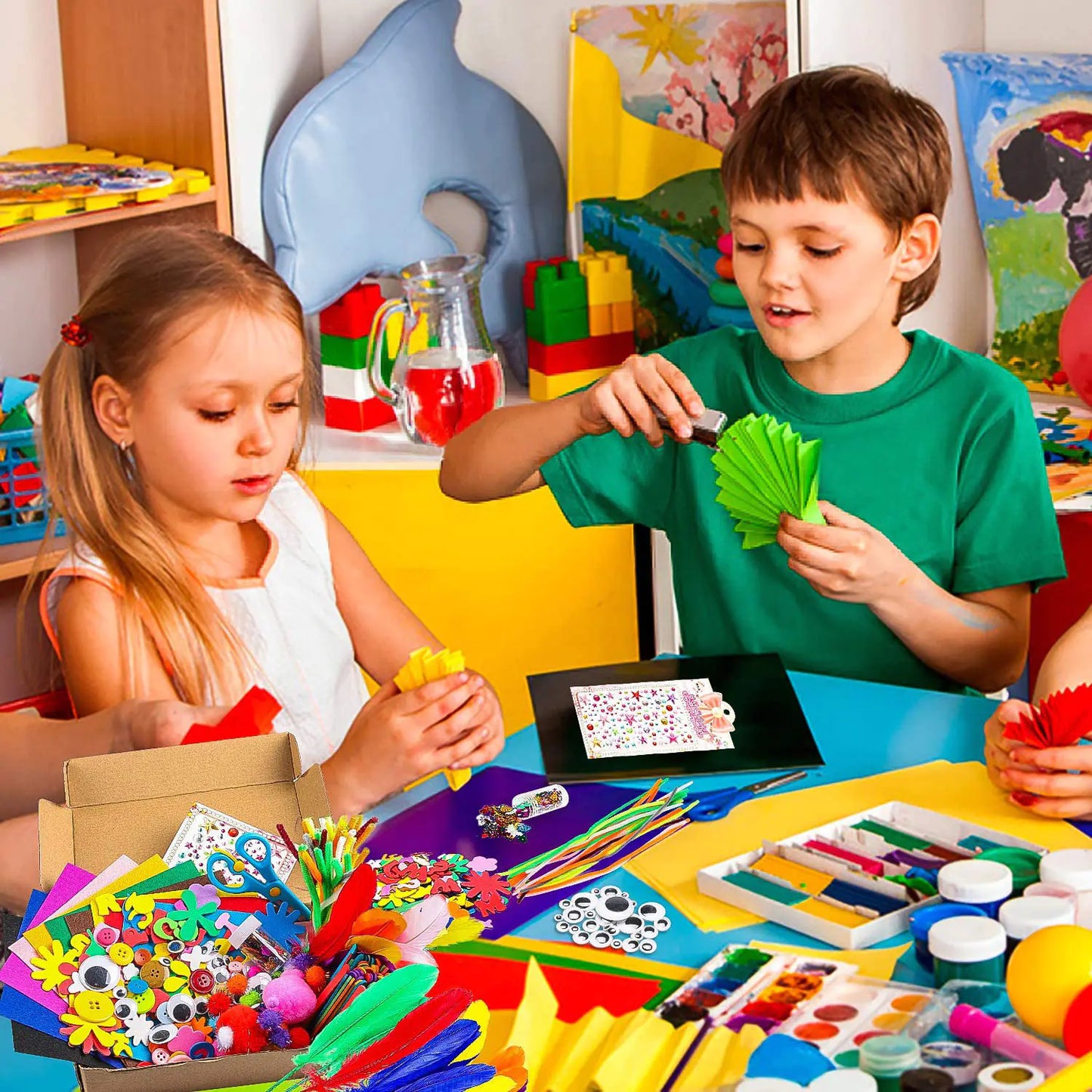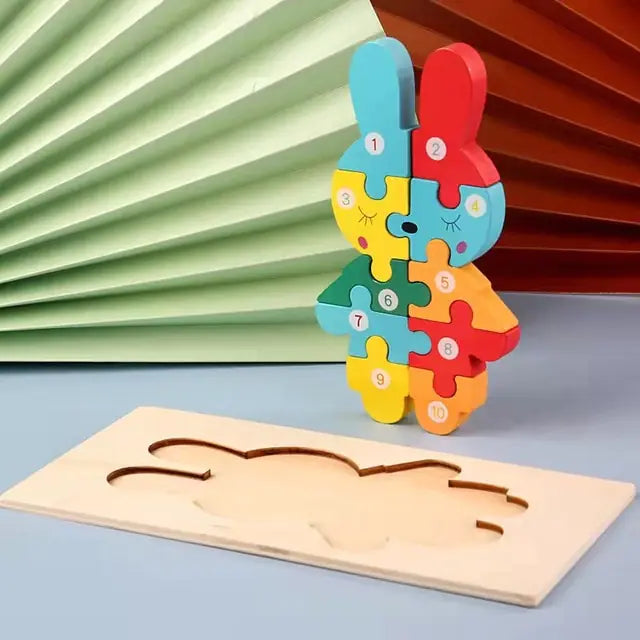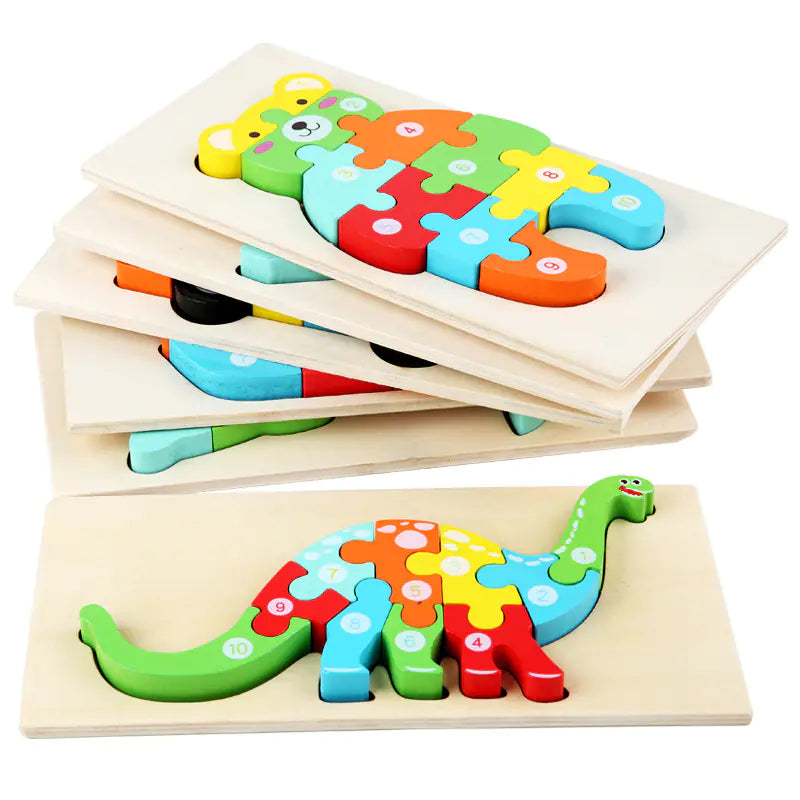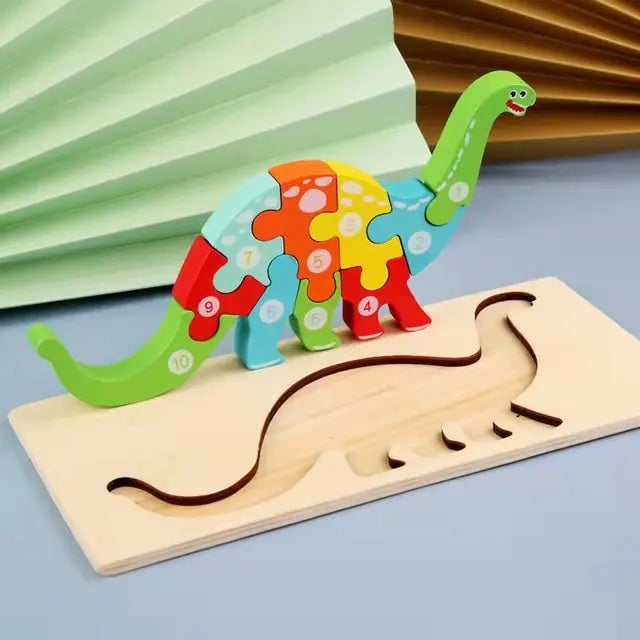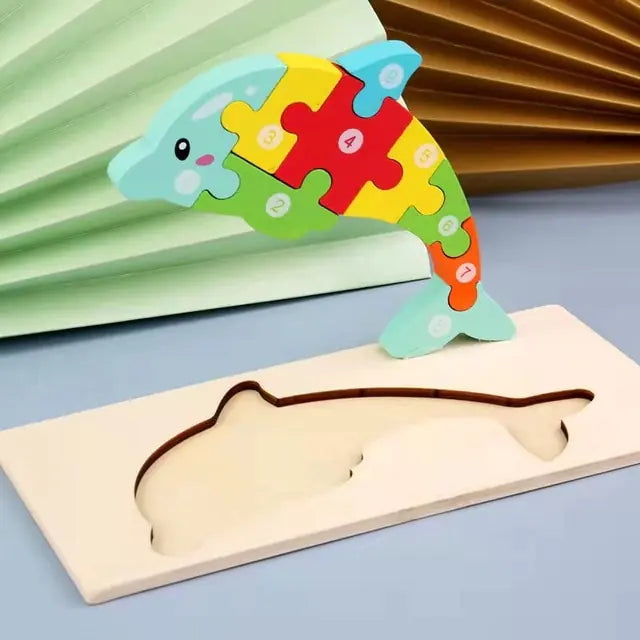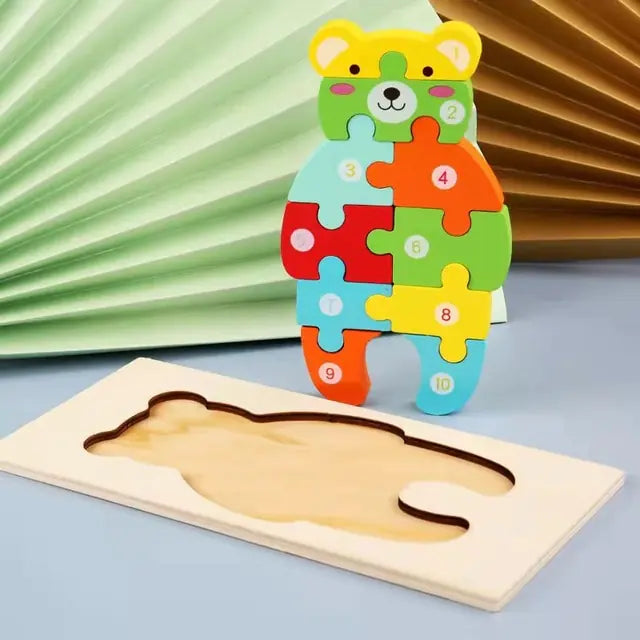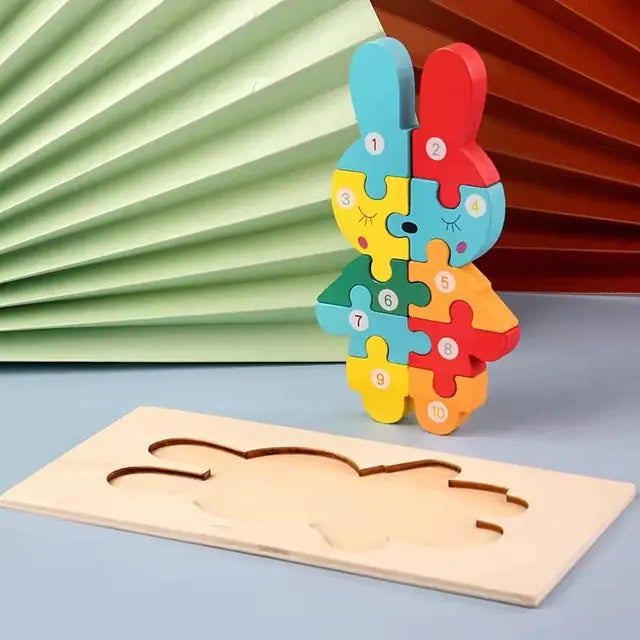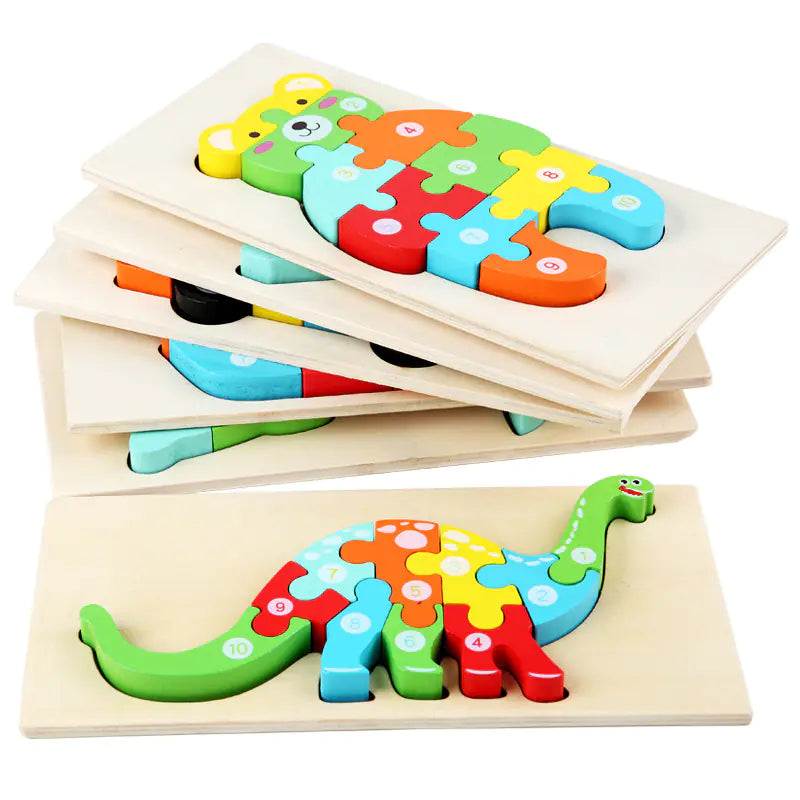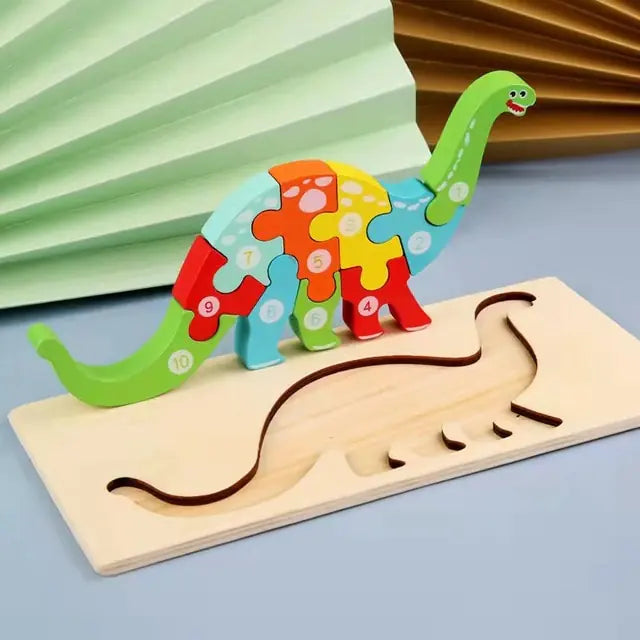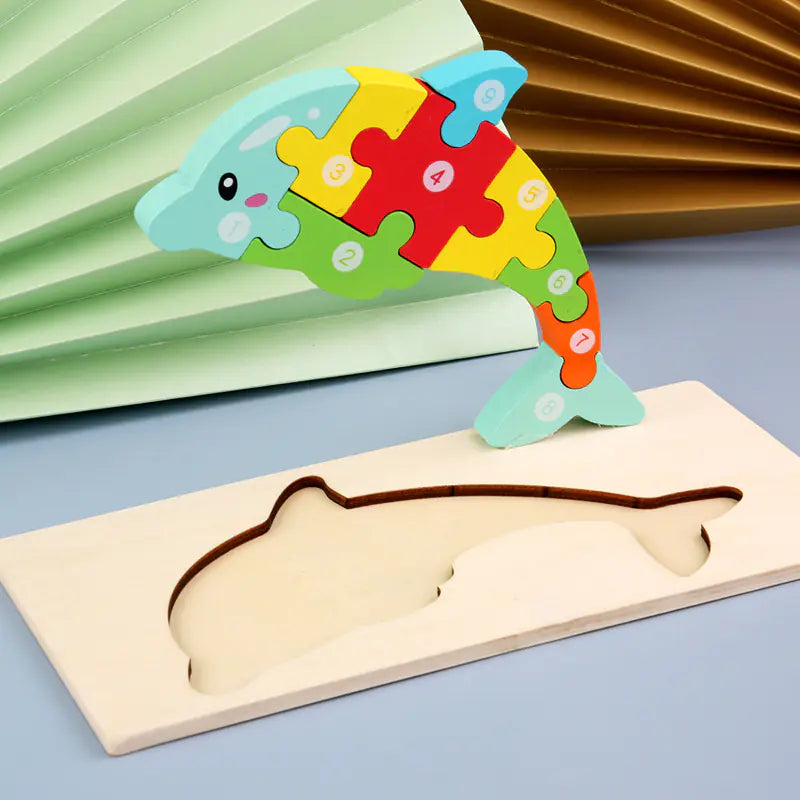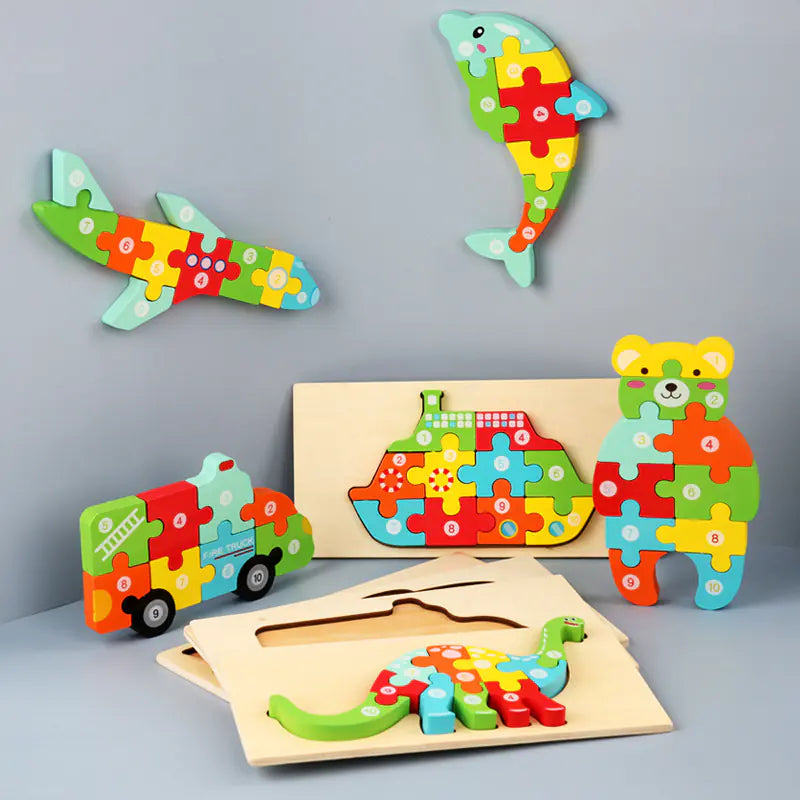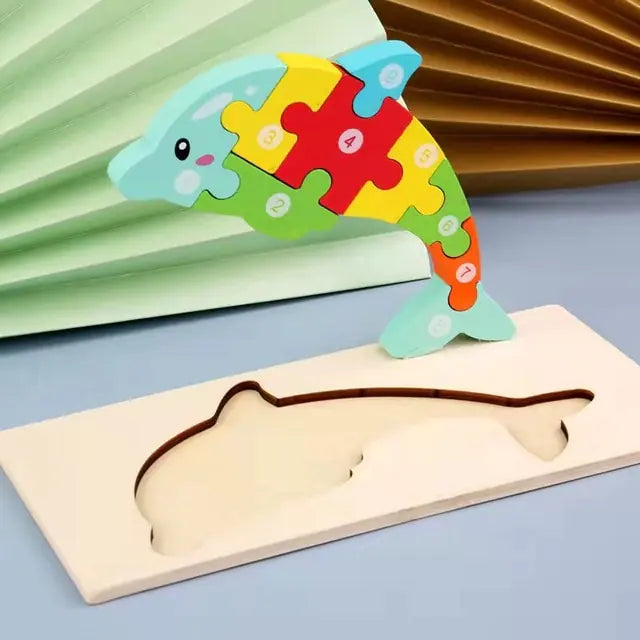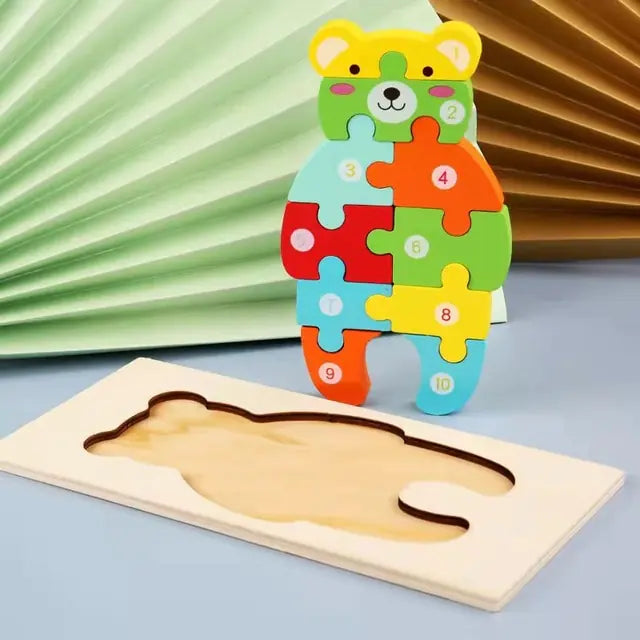Educational board games offer a unique blend of fun and learning, making them an excellent choice for family game nights. These games not only entertain but also provide valuable educational opportunities, fostering skills and knowledge in a playful environment. From young kids to teens, there's a game for every age group that can bring families closer while promoting critical thinking, creativity, and collaboration.
Key Takeaways
- Educational board games combine fun and learning, making them ideal for family bonding.
- These games cater to various age groups, ensuring everyone in the family can participate.
- They help develop critical skills such as problem-solving, teamwork, and strategic thinking.
- Choosing the right game involves considering age appropriateness, skill levels, and interests.
- Incorporating technology can enhance the gaming experience while still maintaining educational value.
Why Educational Board Games for Families Are a Must-Have

Benefits of Learning Through Play
Educational board games are a fantastic way to combine fun and learning. When kids are engaged in play, they often don't even realize they're learning. These games can help enhance vocabulary, geography, strategic thinking, and teamwork. Board games are highly effective tools for fostering active learning because they immerse children in activities that drive them to reflect on ideas and their application.
Strengthening Family Bonds
One of the best things about educational board games is how they bring families together. In today's fast-paced world, it's easy to get caught up in our own lives. But setting aside time for a family game night can be a great way to reconnect. These games promote learning and fun family bonding, making them a perfect addition to any household.
Developing Critical Skills
Educational board games are not just about fun; they also help in developing critical skills. From decision-making and logic to creativity and communication, these games cover a wide range of areas central to learning and development. They are revolutionizing family time by offering a way to learn and grow together.
For your next family game night, do more than just play with your kids. Learn with them, too!
Top Picks for Educational Board Games

Best Games for Young Kids
When it comes to young kids, the best educational board games are those that combine fun with foundational learning. Games like 'First Orchard' by HABA are perfect for preschoolers, teaching them colors, shapes, and teamwork. Another great pick is 'The Magic Labyrinth,' which enhances memory and spatial awareness.
Games for Tweens and Teens
Tweens and teens can benefit from more complex games that challenge their critical thinking and strategy skills. 'Catan' is a fantastic choice, as it involves resource management and negotiation. For those interested in history and geography, 'Ticket to Ride' offers a fun way to learn about different countries and cities.
Games That Grow with Your Family
Some games are versatile enough to grow with your family, providing years of entertainment and learning. 'Carcassonne' is a tile-placement game that can be enjoyed by both young kids and adults, making it a great investment. Another excellent option is 'Pandemic,' a cooperative game that teaches teamwork and problem-solving skills.
Investing in educational board games is not just about learning; it's about creating lasting memories and strengthening family bonds.
How to Choose the Right Educational Board Game

When picking an educational board game, the first thing I look at is the age recommendation. Games designed for younger kids might not hold the interest of older children, and vice versa. It's crucial to match the game's complexity with your child's age to ensure they stay engaged and challenged.
Another key factor is the skill level required to play the game. Some games focus on basic skills like counting or color recognition, while others might require more advanced skills like strategic thinking or problem-solving. I always try to find a game that matches my child's current abilities but also offers room for growth.
Lastly, I consider my child's interests and preferences. If they love animals, a nature-themed game might be a hit. If they're into stories, a game with a strong narrative element could be more engaging. Tailoring the game to their interests can make learning feel like a fun adventure rather than a chore.
Choosing the right educational board game can make all the difference in creating a fun and enriching experience for the whole family.
DIY Educational Board Games: Get Creative!

Materials You’ll Need
Creating your own educational board game is easier than you might think. You'll need some basic materials like cardboard, markers, dice, and game pieces. You can even repurpose items from around the house, like bottle caps or buttons, to serve as game tokens. The key is to be resourceful and creative.
Simple Game Ideas
Start with simple concepts that are easy to execute. For example, you can create a trivia game with questions tailored to your child's grade level. Another idea is a math-based game where players solve problems to advance on the board. The possibilities are endless, and the best part is that you can customize the game to focus on the skills you want your child to develop.
Customizing for Your Family
One of the biggest advantages of DIY board games is the ability to tailor them to your family's interests and needs. If your child loves animals, create a game centered around wildlife trivia. If they're into space, design a game that explores the solar system. Customization makes the game more engaging and educational for everyone involved.
Making your own board games not only saves money but also provides a unique bonding experience for the whole family. Plus, it allows you to focus on the educational aspects that matter most to you.
Making Game Night a Regular Thing

Setting a Schedule
One of the best ways to ensure that family game night becomes a regular event is by setting a schedule. Pick a day and time that works for everyone and stick to it. Consistency helps in making it a habit, and soon, everyone will look forward to this special time together.
Creating a Fun Atmosphere
Creating a fun atmosphere is key to making game night enjoyable for everyone. Set up a cozy space, maybe with some snacks and drinks, and let everyone get comfortable. The goal is to make it a relaxing and enjoyable experience, so everyone can focus on family time with educational board games.
Involving Everyone in the Family
To make game night a hit, involve everyone in the family. Let each family member take turns choosing the game for the night. This way, everyone feels included and gets a chance to play their favorite game. Plus, it introduces variety and keeps things exciting.
At every stage, our kids just want to spend time with us. Making game night a regular thing is a fantastic way to bond and create lasting memories.
Educational Board Games for Different Subjects

Math and logic games are fantastic for developing critical thinking and problem-solving skills. These games often involve puzzles, strategy, and numbers, making learning math concepts fun and engaging. Kids can improve their arithmetic skills without even realizing it! Some popular options include Math Bingo, Sum Swamp, and Prime Climb.
Language and literacy games are perfect for enhancing vocabulary, spelling, and reading comprehension. These games can help kids develop a love for words and stories. Games like Scrabble Junior, Boggle, and Zingo! are excellent choices for making language learning enjoyable.
Science and nature games can spark curiosity and a love for the natural world. These games often involve experiments, exploration, and discovery, making science concepts accessible and fun. The Magic School Bus Science Kit, Wildcraft!, and Evolution are great examples of games that make learning about science an adventure.
Incorporating educational board games into family time can make learning a natural and enjoyable part of your child's routine. It's a win-win for fun and education!
The Role of Parents in Educational Gaming

Guiding the Learning Process
As a parent, I find that guiding my kids through educational board games is a fantastic way to be involved in their learning journey. It's not just about playing the game; it's about asking questions, encouraging them to think critically, and helping them make connections to real-world scenarios. Every game becomes a learning opportunity when I take an active role in the process.
Balancing Fun and Education
One of the biggest challenges I face is balancing fun and education. It's important to remember that while the educational aspect is crucial, the game should still be enjoyable. I often look for games that naturally incorporate learning elements without feeling like a chore. This way, my kids are learning without even realizing it, and we're all having a great time together.
Encouraging Fair Play
Teaching my kids about fair play is another essential role I take on during game time. Board games are a perfect platform to instill values like honesty, patience, and respect for others. I make it a point to model good sportsmanship and praise my kids when they display these qualities. This not only makes the game more enjoyable but also helps them develop important social skills.
Being actively involved in my kids' educational gaming not only enhances their learning experience but also strengthens our family bond. It's a win-win situation for everyone involved.
Where to Buy the Best Educational Board Games

Finding the perfect educational board game for your family can be a fun adventure. Here are some of my favorite places to shop for these engaging minds: fun hands-on educational toys for interactive learning. Let's dive in!
Online Stores
Online shopping is incredibly convenient, and you can find a vast selection of educational board games on websites like Amazon, Walmart, and Target. These platforms often have customer reviews, which can help you make an informed decision. Plus, you can easily compare prices and find the best deals.
Local Shops
Supporting local businesses is always a great idea. Many toy stores and bookstores carry a variety of educational board games. You might even find some unique options that aren't available online. Plus, you can get personalized recommendations from the store staff.
Second-Hand Options
Don't overlook second-hand stores and online marketplaces like eBay and Facebook Marketplace. You can often find gently used games at a fraction of the cost. It's a budget-friendly way to expand your collection and try out new games without breaking the bank.
Pro Tip: Keep an eye out for sales and discounts, especially around the holidays. You can score some fantastic deals on high-quality educational board games.
Happy shopping!
Incorporating Technology into Board Games

In today's digital age, there are numerous apps designed to enhance the board game experience. These apps can offer tutorials, keep track of scores, and even add interactive elements to traditional games. Using apps can make learning more engaging and fun for kids. Plus, they often provide updates and new challenges to keep the game fresh.
Interactive electronic board games are a fantastic way to blend traditional play with modern technology. These games often include electronic components that respond to players' actions, creating a dynamic and immersive experience. For example, some games use sensors to detect movement or touch, adding an extra layer of excitement. Kids love the interactive elements, and it can make learning new concepts more intuitive.
While technology can enhance board games, it's essential to balance screen time with traditional play. Setting limits on how long kids can use electronic features ensures they still benefit from face-to-face interaction and hands-on learning. Here are a few tips to maintain that balance:
- Set specific times for electronic game play.
- Encourage breaks to discuss strategies or game outcomes.
- Mix in traditional board games without electronic components.
Finding the right balance between technology and traditional play can lead to a more enriching and enjoyable family game night.
Success Stories: Families Who Love Educational Board Games

I've heard from so many families who have found joy and learning through educational board games. One mom shared how her kids' math skills improved dramatically after playing Sum Swamp regularly. Another dad mentioned that his shy daughter became more confident and outspoken after a few rounds of Codenames.
Families have their favorites for different reasons. Some love Ticket to Ride for its strategic depth and geography lessons, while others can't get enough of Scrabble for the vocabulary boost. Here's a quick list of popular choices:
- Catan: Teaches resource management and negotiation.
- Pandemic: Encourages teamwork and problem-solving.
- Blokus: Great for spatial reasoning and planning.
If you're new to the world of educational board games, don't worry! Here are some tips to get you started:
- Start Simple: Choose games with easy-to-understand rules.
- Mix It Up: Rotate different games to keep things fresh.
- Get Everyone Involved: Make sure all family members have a say in game selection.
Making educational board games a part of your family routine can be incredibly rewarding. Not only do they offer a fun way to learn, but they also bring everyone closer together.
The Future of Educational Board Games

Trends to Watch
The world of educational board games is constantly evolving, and it's exciting to see where it's headed. One major trend is the integration of technology. Augmented reality (AR) and virtual reality (VR) are starting to make their way into board games, creating immersive experiences that blend physical and digital play. This not only makes games more engaging but also opens up new avenues for learning complex subjects in a fun way.
Innovative Game Designs
Game designers are getting more creative than ever. We're seeing games that adapt to the players' skill levels, ensuring that everyone in the family can enjoy and learn at their own pace. Some games even offer modular components, allowing you to expand and customize the game as your family grows and your kids' interests change. This flexibility makes educational board games a long-term investment in your child's development.
The Impact of Technology
Technology is not just a trend; it's reshaping how we think about board games. Interactive electronic board games are becoming more popular, combining the tactile joy of traditional games with the dynamic elements of digital play. However, it's essential to balance screen time with playtime to ensure that the educational benefits are maximized. Apps that complement board games can also provide additional layers of learning, making the experience even more enriching.
The future of educational board games is bright, with endless possibilities for combining fun and learning in ways we've never imagined before.
The future of educational board games is incredibly exciting, with innovative designs that foster creativity, critical thinking, and collaboration among children. Discover the latest trends and find the perfect game for your child at our store. Don't miss out on the opportunity to transform learning into an adventure!
Conclusion
In the end, educational board games are a fantastic way to bring families together while sneaking in some learning. They offer a perfect blend of fun and education, making game nights both enjoyable and beneficial. So next time you're planning a family activity, consider pulling out a board game. Not only will you have a blast, but you'll also be helping your kids develop important skills. Happy gaming!
Frequently Asked Questions
What are the benefits of educational board games for families?
Educational board games offer multiple benefits including enhancing learning through play, strengthening family bonds, and developing critical skills such as problem-solving and teamwork.
How do I choose the right educational board game for my family?
Consider factors such as age appropriateness, skill level matching, and the interests and preferences of your family members when choosing an educational board game.
Are there educational board games suitable for all age groups?
Yes, there are educational board games designed for various age groups, from young kids to tweens and teens, and even games that grow with your family.
Can we create our own educational board games at home?
Absolutely! DIY educational board games can be a fun and creative activity. You can customize them according to your family's interests and needs.
How can we make game night a regular family activity?
Set a regular schedule for game night, create a fun and engaging atmosphere, and involve everyone in the family to make it a regular and enjoyable activity.
Where can I buy educational board games?
Educational board games can be purchased from online stores, local shops, and even second-hand options for budget-friendly choices.
How can technology be incorporated into educational board games?
Technology can be incorporated through apps that complement board games, interactive electronic board games, and balancing screen time with playtime.
What role do parents play in educational gaming?
Parents play a crucial role in guiding the learning process, balancing fun and education, and encouraging fair play during educational gaming sessions.
